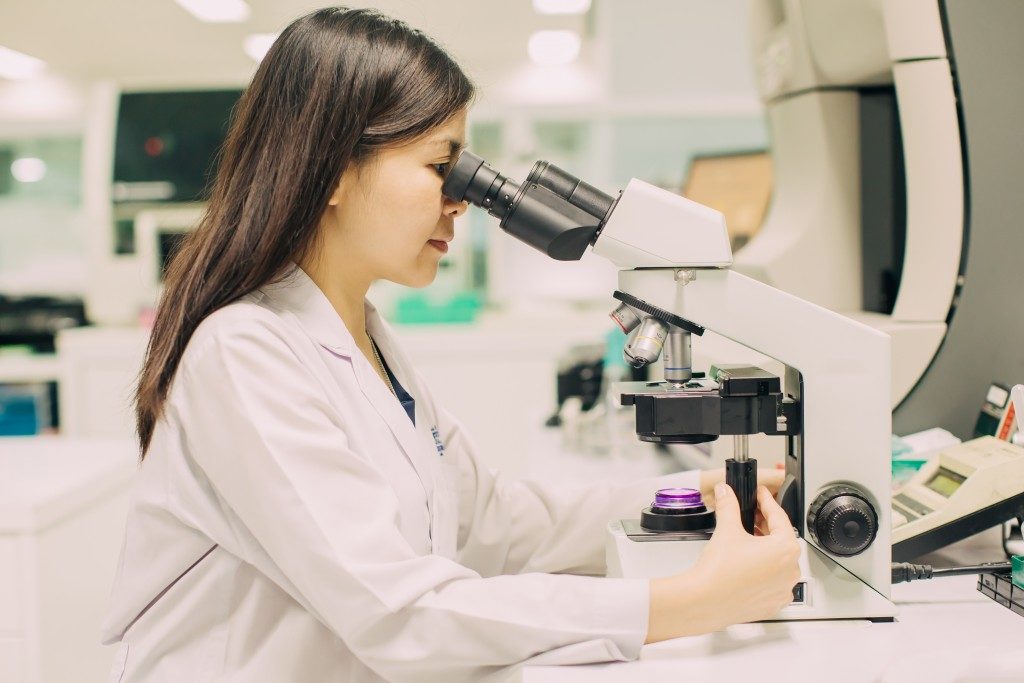Many young students in Australia aspire to work in the medical industry someday and having an early interest in biology and chemistry, plus strong attention to detail, are all signs that this could be the right field for you. But while most aim to become doctors or nurses, there are also some excellent career opportunities for those who prefer to contribute and work behind the scenes. Here’s a brief guide to the profession of a medical laboratory technician, and what you’ll need to succeed.
Know the job
Although the past couple of decades have seen several crime procedurals bring forensics into popular culture, the actual work performed by a laboratory technician is quite different. The work demands that you bring not only scientific expertise but a rigorous commitment to accuracy. And as the medical field evolves, with new procedures and technological advances being developed, you’ll also need to learn continuously and undergo training to operate the latest equipment.
In Australia, medical labs run different kinds of tests that will help diagnose patients and determine the right course of treatment. All of that rests on the reliability of the test results, which you’ll be performing behind the scenes. Although the work does require a keen eye and manual dexterity, you won’t need a lot of personal protective equipment and can get by with safety glasses and sterile lab gloves most of the time.
This is a job which requires routine precision each day, and that can get repetitive. But at the end of the day, you’ll still be providing an invaluable contribution to the successful treatment of many patients, which brings meaning to your work.

Meet the requirements
In most states, becoming a laboratory technician has a minimum requirement of completing a certificate or diploma-level course in Laboratory Skills and Technology, Pathology Assistance, or Pathology Collection. For medical laboratory technicians, a degree in Biomedical Science, Medical Research, or Medical Laboratory Science is also required. It also helps to undertake new training and pursue further education. Master degrees in Laboratory and Clinical Science or additional graduate certificates from health institutions can land you better job offers and expand your capabilities to running food safety tests, for example.
Find the right opportunity
You may be wondering, what’s the current data on employment for this sort of work? On average, medical laboratory technicians have weekly wages of around $900. The job outlook is considered stable according to 5-year projections by the Department of Employment. Victoria, New South Wales, and Queensland offer the majority of opportunities in this profession.
Those numbers are just a baseline, however. If you seek out membership with societies such as the Royal Australian Chemical Institute, the Australian Institute of Medical Scientists, or the Australian Society for Microbiology, you’ll have better chances of landing the right opportunity with increased compensation and a level of specialisation that suits your preferences. Membership can also offer you access to training and participation in events and conferences where you’ll be able to learn new techniques and keep abreast of the latest developments in the industry.
The medical industry provides many opportunities for a successful career, doing meaningful work. Being able to work as a medical laboratory technician here in Australia is just one of many diverse opportunities and career growth options you can pursue.

